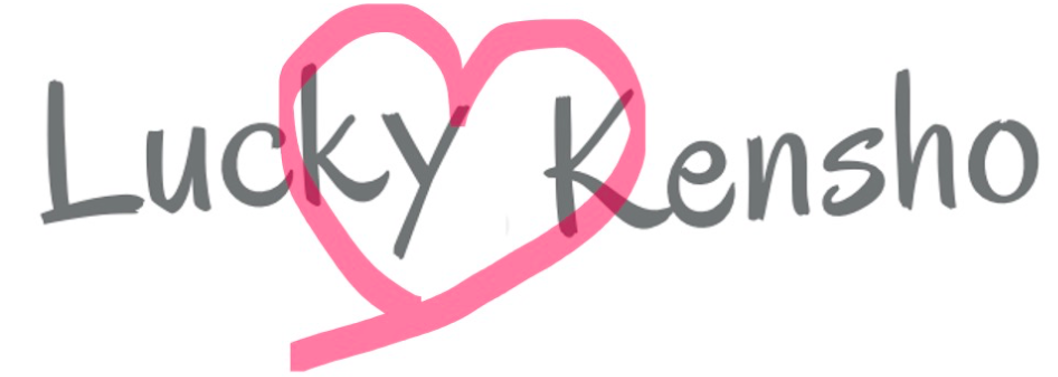Japanese male psychology that does not use emoji. There are people who use emoji a lot and there are people who do not use emoji very much, however the difference between the former and the latter can be answered by pursuing their psychology.
By looking at the characteristics and tendencies of those who do not use emoji, we can also discover the true feelings of Japanese men.
Confidence
Japanese men who do not use emoji are likely to be confident in their communication, and if they are confident about a topic or are in contact with many women, the probability of not using emoji is also high.
The reason for this is to be related to the psychology of pandering behavior, meaning “saying and doing things to gain the other person’s favor, even if it means bending one’s own ideas to accommodate the other person”.
Many people use a lot of emoji and emoticons when it comes to contacting people they have never met before, and this is a characteristic of pandering behavior. We understand that first impressions are very important, and we tend to be cautious when meeting people for the first time, thinking that we are trying to gain their favor first.
Other examples of pandering behavior include bending over backwards to get a higher-up to like you, and giving lots of compliments.
People who are confident in their communication tend to stop using emoji as they get to know each other, but people who are not confident in their communication tend to use emoji and deco-mail more often because they are always worried of not being not being confident. For example, people who are not confident in their communication tend to use emoji that is to say if a person lacks confidence in communication, he or she is worried that without emoji or emoticons, the other party might think he or she is a boring guy/girl… On the other hand, if a person is confident in communication, he or she will not ignore him or her because of this, so even without using emoji, he or she will be comfortable with the fact that he or she will not be ignored. They have a relaxed mind.
If you are someone who uses emoji a lot, you probably have a history of being bad at lines and texting, or have never been very good at keeping in touch.
Synchronistic Behavior
Synchronous behavior refers to the psychology of trying to do the same things as those around you, and when people around you start doing the same things, you naturally follow their lead. This is also true for Japanese men who do not use emoji. If you are in an environment where the people around you do not use emoji at all, or your more popular friends do not use emoji as much as you do, your sympathetic behavior may make it seem more attractive to them.
It is not uncommon for people who are less confident in themselves to imitate others, even in their communication, especially when they are less confident in their self-judgment, because people tend to try to make safe choices in accordance with their surroundings.
While the benefits of sympathetic behavior can be seen as reassurance, good impression, and control, if the person with whom you are communicating is using a lot of emoji, this is not sympathetic behavior and can conversely make you feel insecure if you do not know how to feel. This can lead to the opposite effect.
If the Japanese man you are in contact with does not use emoji, there is little chance of making you feel insecure even if you do not use emoji as well.
If you do not use emoji as well, it is possible that the Japanese man is adjusting to your situation through sympathetic behavior.
A sign of security
As I mentioned earlier, many people try to gain your favor by pandering in first meeting situations, but if he does not use emoji when interacting with you, it is possible that he feels at ease.
To begin with, pandering behavior hides the desire to have people understand who you are, know your values, and approve of you, and it is possible that he does not use emoji because these desires have been satisfied to some extent.
Other various reassuring factors, such as the fact that they have become good friends enough or that they have decided that it is safe to show their usual style, may have combined to make them show their current style.
In this case, on the contrary, he will feel more comfortable if you keep in touch with him in your usual style, rather than continuing to force him to use a lot of EMOJI, and moreover, he is more likely to perceive you as a person who does not care about him, so it will be more beneficial for you if you communicate with him in your current style.
Distant Signs
There are two possible patterns here, one specific and the other not so specific.
The first is a specific case in which you suddenly receive a reply that does not use emoji.
If you have asked something that the other person would not like, made an irritating joke, or sent something that would make them feel uncomfortable, and then you receive a reply without an emoji, this is an indication of how you were feeling at the time. This can be said to be an indication of how you were feeling at the time.
Even if you sent a message that you thought was well-meaning, the other person may not like it, or they may have a guarded personality, etc. It is natural that a content would not be unpleasant for other people may be unpleasant for them.
If this is the case, we should try to think positively instead of regretting or feeling ill.
The second possibility is that the person has no pulse or dislikes you.
It is possible that this is a silent sign that he/she has no pulse or dislikes you, such as a situation where you are pestering him/her to get back together, you have shown a brazen side, or you are persistently contacting him/her.
In such cases, however, there is no need to be too anxious if they continue to contact you, as you can simply ignore their replies.
Wanting to take the initiative
There is a romantic technique of intentionally delaying contact. Similar to this, some people may use the psychological technique of making the other person anxious by not using emoji, but doubling their pleasure when they reassure him or her.
In this way, you can take the initiative by controlling your partner’s emotions more.
Taking the initiative has many advantages because it is easier to be pursued in a relationship than in a relationship in which you are chased, and it is also easier to color the relationship your own color.
If you have a personality that always looks down on others or always wants to be on top of others, there is a high possibility that you fall into this category.
Incidentally, this type is often characterized by jealousy, which can be a bit a painful situation.
Assumptions of masculinity
Every man has an image of himself, and Japanese men who fall into this category have an image of “I am a manly man” or “I am a strong man.
Such an image of oneself is called self-concept, and the stronger the belief that one is manly or not feminine, the more likely it is that one will choose not to use emoji.
This is because we all have a desire to have our self-concept recognized by others, and in order to gain such recognition, we try to act out our image of ourselves.
Simply put, Japanese men who think that masculine people do not use emoji and feminine people use emoji a lot are hiding their desire to have their masculinity recognized by not using emoji.
If you are a Japanese man who is very particular about your masculinity or femininity, or if you are sensitive to the word “effeminate,” it is possible that you fall into this category.
Men are proud creatures with a strong need for recognition.
Difference in perception or busyness
If he is not a good contact in the first place, or if he is too busy to spend much time thinking about contacting you, this psychology may be the reason why he does not use emoji.
As for the psychology of difference in perception, if Japanese men view the smartphone as an information transmission tool, there are actually many people who think that once they have finished communicating their business, there is no need for further unnecessary communication, because it is important to convey their business.
This type of person tends to dislike making long phone calls or contacting people frequently, so some people will think that there is no need to use EMOJI or other methods more than necessary.
As for the busy-ness mentality, busy work, etc. are common, but there are other possibilities.
If a Japanese man was in touch with you before you started dating, but then gradually decreased the frequency of contact and stopped using emoji, it is a sign that he has stopped investing time in communication and has achieved his goal of dating you. Japanese men who have achieved their goal of dating do not feel the need to invest any further time in the relationship.
Both tend to be particularly prevalent among Japanese men, and are more likely to be seen with the age increasing.
No need to think too much
What do you think?
What I can say about the psychology of Japanese men who do not use emoji is that there is no need to think too much about it.
As I have already mentioned once, if they do not like you, they will not contact you back, and if they dislike you, there is no need for you to spend your time to keep in touch with them and lose precious time being with them.
In particular, people who use emoji a lot tend to assume that those who do not use emoji are angry with them or have a somewhat brusque attitude.
It is highly possible that people who do not use “emoji” are just responding as usual, without any deep meaning.
Also, please read “6 Facts about the Japanese Male Psychology of Asking for Dinner” as a set.
This will help you understand what Japanese men are really trying to do when they ask you out for dinner.




Comments